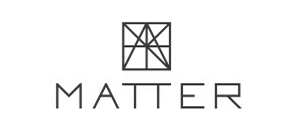Demand Driven
A sudden change in the brain, delirium is an acute medical emergency affecting an estimated 70% of patients in critical care and 30% hospital-wide. Characterized by its sudden onset, agitation, and disorientation, delirium can be reversed if properly diagnosed and managed (unlike dementia which is progressive). While standard of care for decades has relied on antipsychotics and restraints to sedate and immobilize, research documents their devastating short and long-term implications. Multi-component non-pharmacological delirium reduction strategies do work – and MindfulGarden is an important bedside tool of care that will integrate effectively into all existing protocols with the v.1 product combining soundscapes, visuals, breathwork, and brain games in a ‘digital crashcart’ for delirium management.
Clinically Validated
MindfulGarden is the first clinically validated biofeedback platform for managing the agitated behaviours associated with hospital acquired delirium. Results of our foundational clinical study (NCT04652622) were published in NATURE npj/Digital Medicine in October 2023 highlighting a 25.7% reduction in use of PRN (as needed) antipsychotic drugs and a rapid de-escalation of agitation as measured by Richmond Agitation Sedation Scale (RASS) scores. The platform is independent of hospital IT, does not collect any personal health information, trains in minutes, and is easily deployed. MindfulGarden was approved by Health Canada as a Class 1 device (MDEL Lic.26563) in April 2024 and has completed its US FDA pre-submission. MindfulGarden V.1 has contracts with two Canadian hospital authorities for evaluation programs through 2025, with expansion to Hong Kong in 2025/26.
Patient-Powered
Harnessing biometrics to influence bio-state: MindfulGarden’s patent-pending affective biofeedback platform is built on a game engine, responding to patient generated distress signals and translating the data to gently moving nature-based visualizations and sounds onscreen that level up or down as the patient calms. The goal is to distract, engage, and de-escalate adverse behaviours before the administration of drugs are considered, allowing the patient to return to homeostasis. MindfulGarden is ultimately creating the framework in which biofeedback influences the biostate of the user. R&D is underway on V.2 MindfulGarden, exploring the harnessing of vital signs to ‘drive’ interactivity onscreen, measure patient’s physiological response to exposure to MindfulGarden, and facilitate a patient’s ability to self-calm. As one nurse described MindfulGarden – “It’s the video game played by the body that the body doesn’t even know it’s playing.”
An Urgent Global Priority
Delirium is globally ubiquitous, universally costly (by both human and economic measures), and to date, largely unaddressed. Brought into the spotlight during Covid-19 as the ‘epidemic within the pandemic,’ the public now knows what front-line staff have known for decades: Delirium presents a devastating medical emergency and is worthy as a healthcare priority, especially given research that directly correlates hospital acquired delirium with an earlier onset of dementia post discharge. Not only does delirium have a direct impact on brain healthy, but it also affects global public health policies that aim to preserve ‘aging in place’ as the ideal.
2.5x
greater cost
of care
3x
in-hospital
mortality
2.5x
increased
readmissions
readmissions
9x
risk of future cognitive decline
Founders
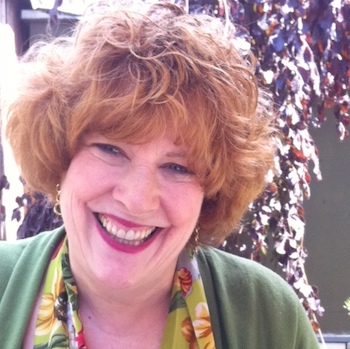
Catherine Winckler
Catherine was the former founder of Switch United (active 1998 to 2017), a multi-million-dollar digital innovation company. Named one of ‘Top 80 Women in STEM’ in British Columbia and a former PROFIT 100 top women in business in Canada, Catherine’s personal story with her mother Esther (esthersvoice.com) stands at the heart of MindfulGarden and prompted the pivot of the company to digital technologies impacting health outcomes, beginning with delirium.
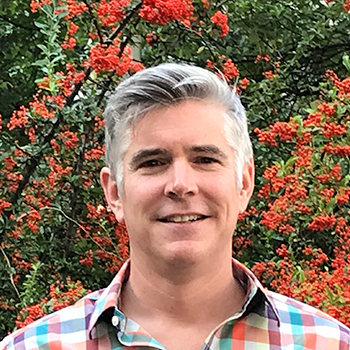
Mark Ross
With a long history in the digital tech sector, Mark oversees all aspect of R&D and product development, overseeing a strong team that includes a Dev Lead with two decades’ experience as a full-stack developer with expertise in sensor-based technologies and game design, as well as UX/UI experts and consultants in regulatory, IP, and commercialization activities. Mark also works directly with clinical partners throughout North America and Asia.
Medical Advisory
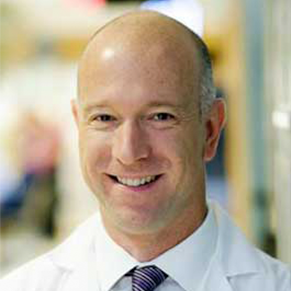
Dr. Steve Reynolds
Principal Investigator, foundational study on MindfulGarden in the ICU
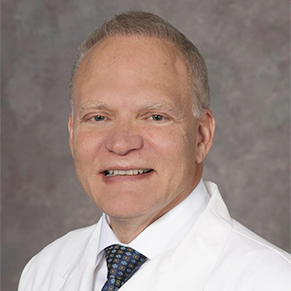
Dr. Jeffery Wajda
Current US advisor and past mentor at Berkeley SkyDeck GIP Program
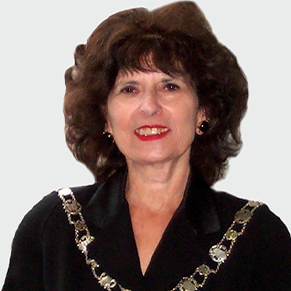
Dr. Gloria Gutman
Principal Investigator, early pilots on use of MindfulGarden in long-term care
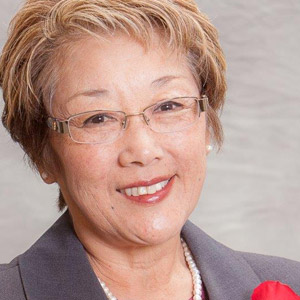
Marcia Carr
Advisor to MindfulGarden team and liaison with nursing community
We have established great relationships with our partners and collaborators throughout North America:
Early Adopters



Key Funders
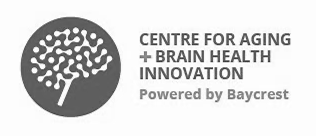
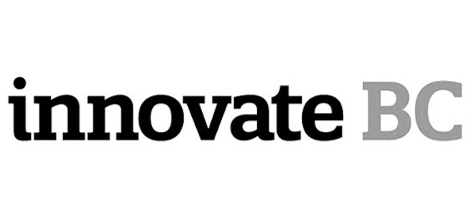


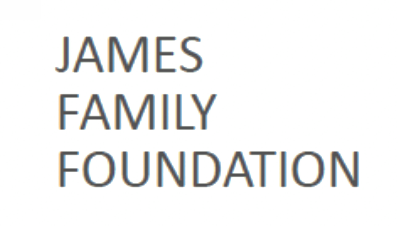


Growth Programs
